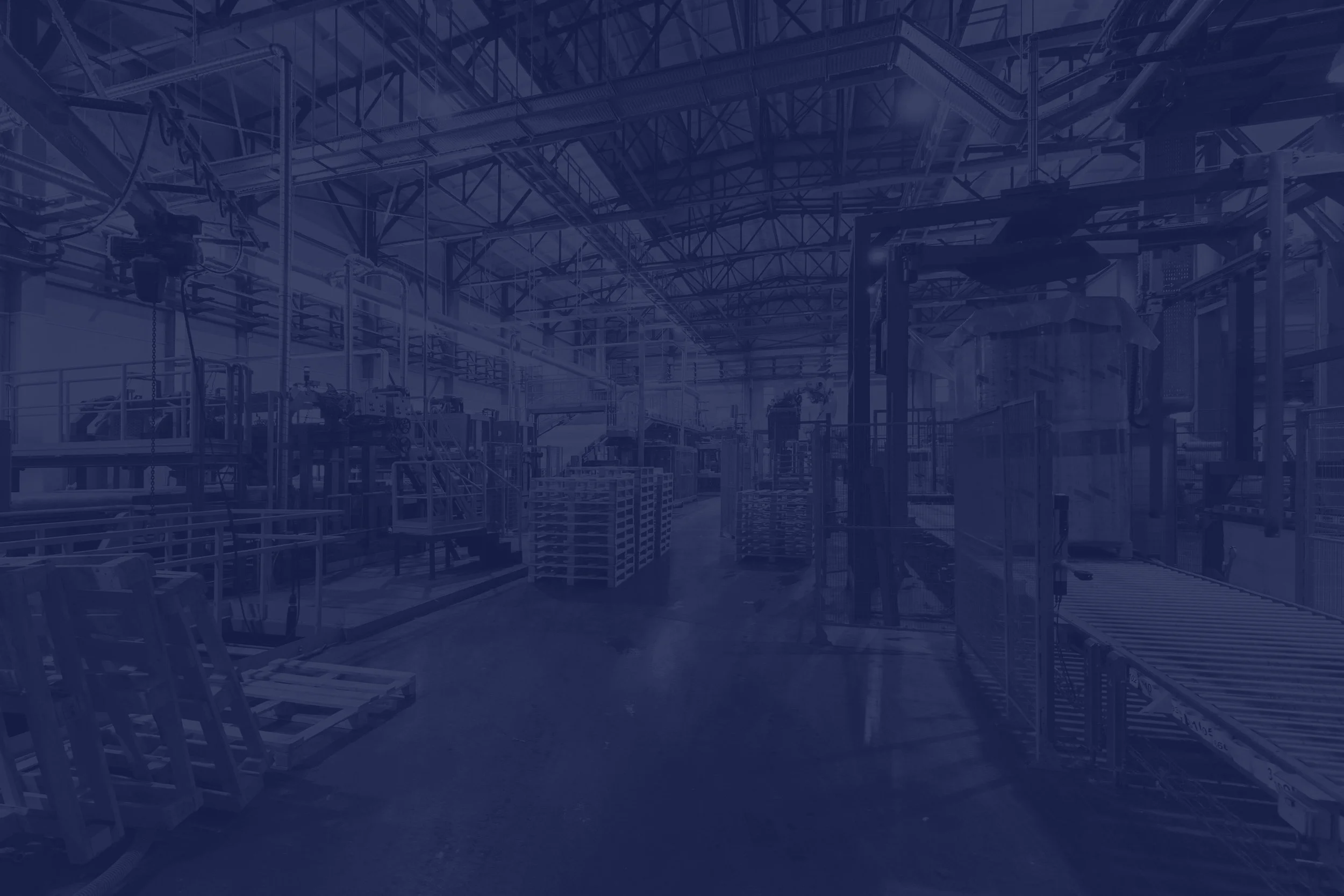Don’t Judge a Book by its Cover
For part of my career, I worked for Dal-Tile in Dallas Texas. I was the environmental, safety, health, and mining liaison for our twelve manufacturing plants. My job was to help each plant stay compliant and safe, providing training and reporting support. We had a number of factories in Texas, and I visited each one and get to the know the employees and leadership. That way, I could develop a support plan that was mutually beneficial.
We had a plant in Coleman Texas. If you look on the map, you probably won’t find it. It was kind of like driving into the middle of nowhere, taking a left, and then going another 90 miles to get there. So, that’s what I did. When I got close, I exited the highway and spent the final few miles driving on gravel roads through the middle of the town. I wasn’t optimistic I would find a factory in good shape. As I drove up to the tin building, I was wondering how this could be where they made ceramic tile.
I parked and walked into what I thought would be a nightmare scenario: broken down equipment, unhappy employees, and a poor management/worker relationship. I was wrong. When I entered the facility, it was bright, clean, and people were working safely and efficiently.
The equipment looked brand new. That is, except for one enormous clay mixer. It looked like it had been installed during the Stagecoach era. Turns out, I wasn’t far off. It was installed in 1896. I had never seen equipment that old in use in any of the hundreds of factories I had visited over the years. I had seen new equipment operate as if it was installed in the 1800’s, however.
After meeting the leadership team and touring the plant, I had to ask a question that was gnawing at me. Why was every other piece of equipment new and shiny, except for the mixer? Matt, the plant manager told me, “Adam, this mixer has been in operation for 100 years. It never breaks down, requires very little maintenance, and is easy to use. Newer mixers aren’t built to last and are prone to breakdowns.”
This made sense to me. Instead of looking for something shiny and new, we should support and nurture the things that are precious to us. This mixer was the heartbeat of the facility and as such, it was treated with extra care and respected for the service it provided to the process, employees, and customers of Dal-Tile.
I doubt there are any spare parts for the mixer, but based on what I saw, it’s probably still running to this day.

